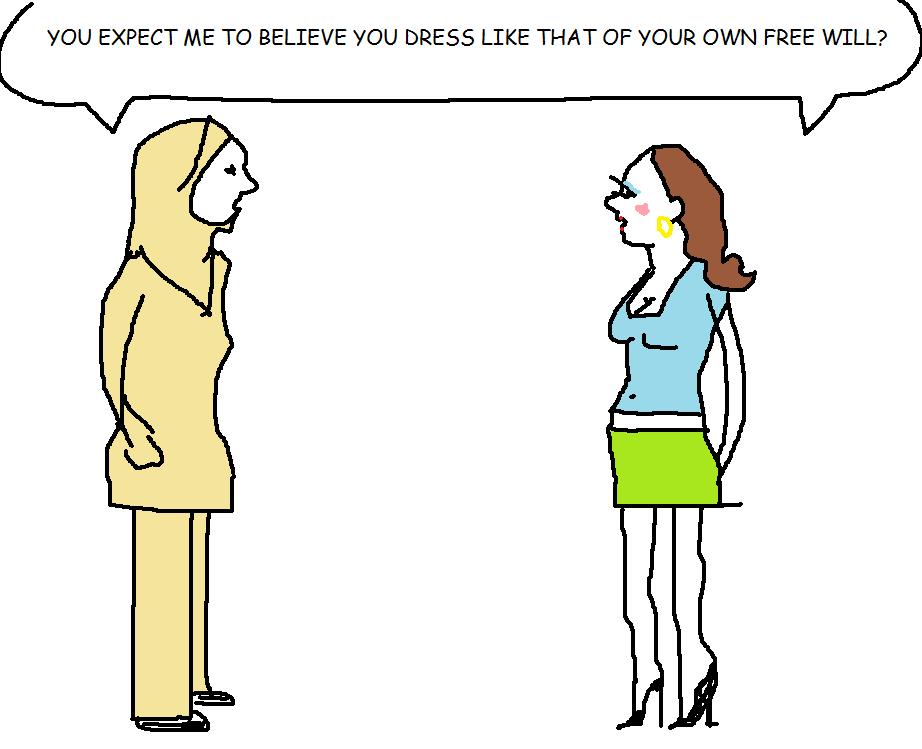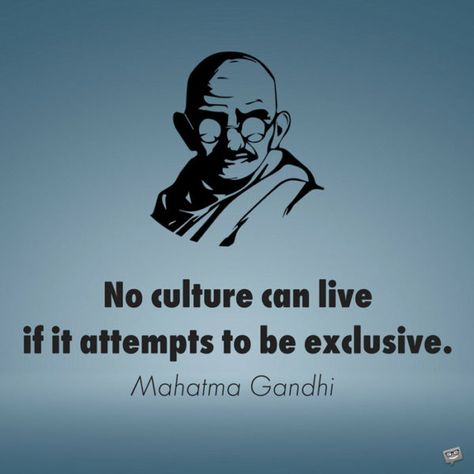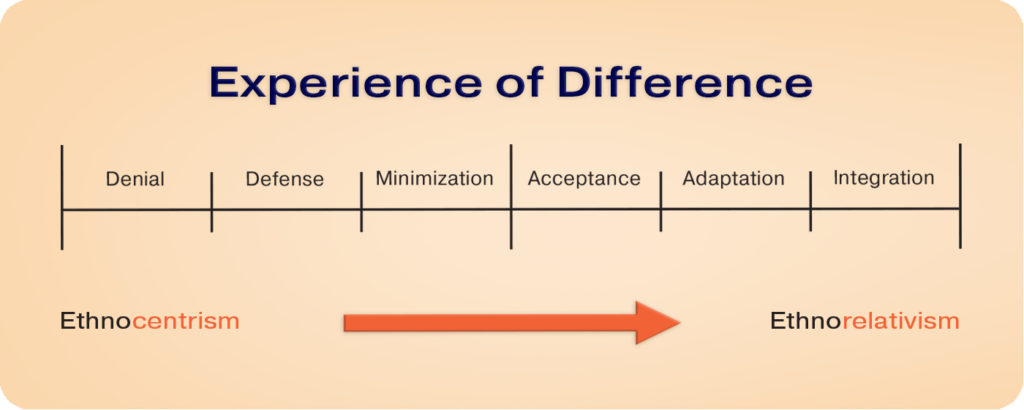
In our interconnected world, it’s become critical to be sensitive to the differences in people from diverse backgrounds. Culturally ignorant individuals fail to see the importance of this. They mistakenly believe that the planet is solely their domain and live inside their own bubbles. Whether you’re someone who wants to broaden yours horizons or find better ways of dealing with culturally ignorant behavior, you’ll benefit from these four tips. (Estimated reading time: 5 minutes)
“There is nothing more dangerous than sincere ignorance and conscientious stupidity.”
— Martin Luther King Jr.
Have you ever encountered someone who judged or made an assumption about you based on your race, nationality, education, or socio-economic background?
It’s certainly happened to me. Many times.
I’ve been asked strange questions like if I rode camels or had enough drinking water when I lived in Dubai during my childhood. I’ve met people who couldn’t accept the fact that I am ethnically Indian because my skin isn’t dark enough, and because I don’t sound like Apu from the Simpsons.
Such blatant ignorance used to irritate me. I perceived those who displayed it as lazy and provincial. I was annoyed by the labels placed on me by culturally ignorant people who relied on stereotypes and who chose to limit their world to the narrow confines of their own surroundings.

Eventually, I made peace with the reality that not everyone I meet in life is going to be culturally aware and have the sensitivity to understand those who differ from them. I stopped feeling disheartened whenever people failed to see through the superficial layers of my identity.
Instead, I took each experience as a lesson in humility and self-discovery. It galvanized me to spread awareness and educate people on the harm inflicted when we generalize.
Culturally ignorant individuals fail to see that Earth is a melting pot of culture and ethnicity. They mistakenly believe that the planet is solely their domain, as they live inside their own little bubbles.
As of 2019, the current world population is 7.7 billion and is multiplying every year. Imagine the diverse cultures, languages, religions, and lifestyles that exist within these staggering figures?
Unless they’re living in isolation, culturally ignorant people will find themselves at a distinct disadvantage in a globalized world. Society has modernized and progressed by collaborating with other nations, creating a truly global community.
Now, more than ever, it’s critically important to be knowledgeable about people from other backgrounds, because we’re an interconnected world. Events that occur hundreds and thousands of miles away now affect us in one way or another, whether it be politically, socially, or economically.

There’s a high chance that you’ll encounter foreigners and people from different ethnic and racial backgrounds as part of your day to day life. Being adaptable and open in these situations is key. Even if you don’t agree with their beliefs, opinions, or values, be open to hearing them. Knowledge is power. Being globally aware is the new superpower.
When dealing with culturally ignorant people, it’s helpful to remember that there’s a continuum when it comes to intercultural development. These are the five phases, in broad strokes:
Phase 1: Ethnocentrism – “My experience of the world is the world”
Phase 2: Ethnocentrism – “I understand that people might do things differently, but my way is still the best.”
Phase 3: Ethnorelativism- “I accept that we’re all subject to our own cultural frameworks. The way in which we all behave is relative to these frameworks.”
Phase 4: Ethnorelativism (Adaptation) – “I can see through the eyes of those who are different from me, and I appreciate the behaviors or responses expected within the situation.”
Phase 5: Ethnorelativism (Third Culture) – “I can move between cultures without my own personal sense of cultural identity becoming eroded. I no longer feel that I belong to any single culture.”

By keeping this framework in mind, you’ll be in a better place to understand the cultural lens that others have and respond accordingly. You may also use these four tips whenever you encounter culturally ignorant people:
1. Know your audience: No matter how culturally savvy you are, there will be times when you won’t be able to understand what is influencing the culturally ignorant. In such cases, ask questions and show curiosity. Learn about their background and what’s influencing them to have this narrow worldview. Instead of feeling like a victim of their ignorance, become an explorer who is curious about the diversity in opinions.
2. Become aware of your own cultural lens: Even if you consider yourself open-minded and accepting of other ways of living, you’ll still have subtle cultural boundaries and opinions that may not be accurate. If we perceive someone’s behavior as insensitive, we’re often tempted to treat them in the same manner. If this occurs, manage your triggers and try to understand how your own lens is influencing your perception of their behavior.
3. Share your views in ‘their language’: Once you’ve listened to the other party and examined your own potential biases, you’ll be in a better position to share your honest thoughts. This is a potentially difficult conversation (especially with the culturally ignorant) and can trigger those involved, so you want to stay mindful and avoid saying things that could offend, or get in the way of fostering understanding. Use respectful but assertive and direct communication that expresses your truth.
4. Know when to draw the line: If the other individual doesn’t respond favorably, or they demean and insult you and your people, walk away and don’t bother trying to change their mind. When I meet people who aren’t willing to see things in a new light, I don’t waste another moment of my precious time on them. I can walk away with a clear conscience knowing I’ve shared what’s on my mind, and if they can’t receive that in a positive and constructive way it’s an issue that they need to resolve on their own.
Cultural openness is rooted in our state of being. Deep in our souls, we know that we’re all humans first and are all connected in some way. When you meet someone who lacks cultural sensitivity, know that that they are disconnected from that deeper truth. Realizing this will open the door for compassion and awaken a desire to enlighten and awaken others.
All my best on your journey,
Seline

Question for you: How do you usually deal with culturally ignorant people? Would you like to change your approach?
Did you like this post? Sign up below, and I’ll send you more awesome posts like this every week.

Have Your Say